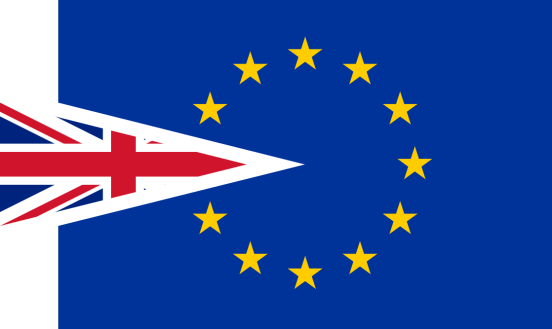
Brexit Update: Business as usual in the IP world, for now...

Intellectual property (IP) rights are key assets for many organisations, large and small, and many rights owners will be wondering how IP rights might be affected as Brexit nears.
The European patent system operates completely separately from the EU treaties, and the present system includes many non-EU members. It has been confirmed that that system as a whole, including representation by UK-based attorneys, is unaffected by Brexit.
An EU post-grant “unitary” patent system is waiting in the wings, but it is not clear whether it will come into force before the UK ceases to be an EU member state. So for the time being, the patent system remains unchanged.
Trade marks and designs in contrast can be protected with EU unitary registrations as well as with national registrations in the UK and other countries, and we were pleased to see that these EU-wide rights were mentioned in the draft withdrawal agreement published by the UK and EU authorities in March 2018 to help shed some light on the topic.
In the draft withdrawal agreement, it appears that current EU-wide registered rights will continue to be enforceable in the UK during the proposed transition period. In the longer term, the current thinking seems to be that there will be a conversion process to bring those EU rights into the UK national system.
Presumably, final details of such a conversion process will be announced in due course, although the draft agreement does appear to suggest that this transition will be completed in a timely manner, and hopefully without a cost to the rights owner although this can’t yet be guaranteed.
Some businesses are opting for a “belt and braces” approach – filing both UK and EU applications in parallel for their most valuable brands. However, we do not generally believe that there is a pressing need for firms to duplicate their filing strategies at this stage.
There is still an opportunity to file now for new EU trade marks while the UK is still a member of the EU to cover all 28 current member countries, and to subsequently benefit from parallel UK and EU rights post-Brexit, after which time duplicate filings will have to be applied for to cover both the UK and remaining EU markets.
While we wait for the details of a full and final withdrawal agreement to be announced, we can be fairly confident that Brexit is unlikely to turn the IP landscape on its head. British businesses are known as strong innovators, designers and brand developers so it is reassuring to see that the UK government is laying a foundation for a smooth transition for existing EU IP rights.
For any aspect of Intellectual Property advice and overall strategy, please get in touch with the ip21 team.
Ed Clarke MPhys CPA EPA, Senior Patent Attorney for ip21 Ltd